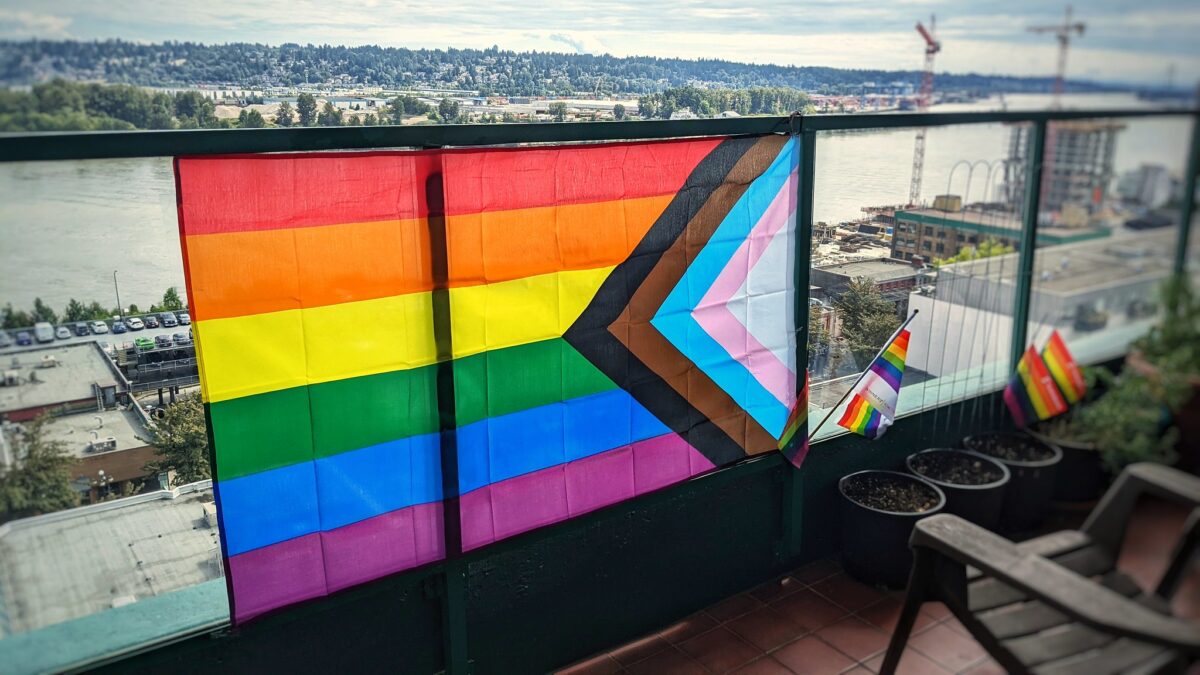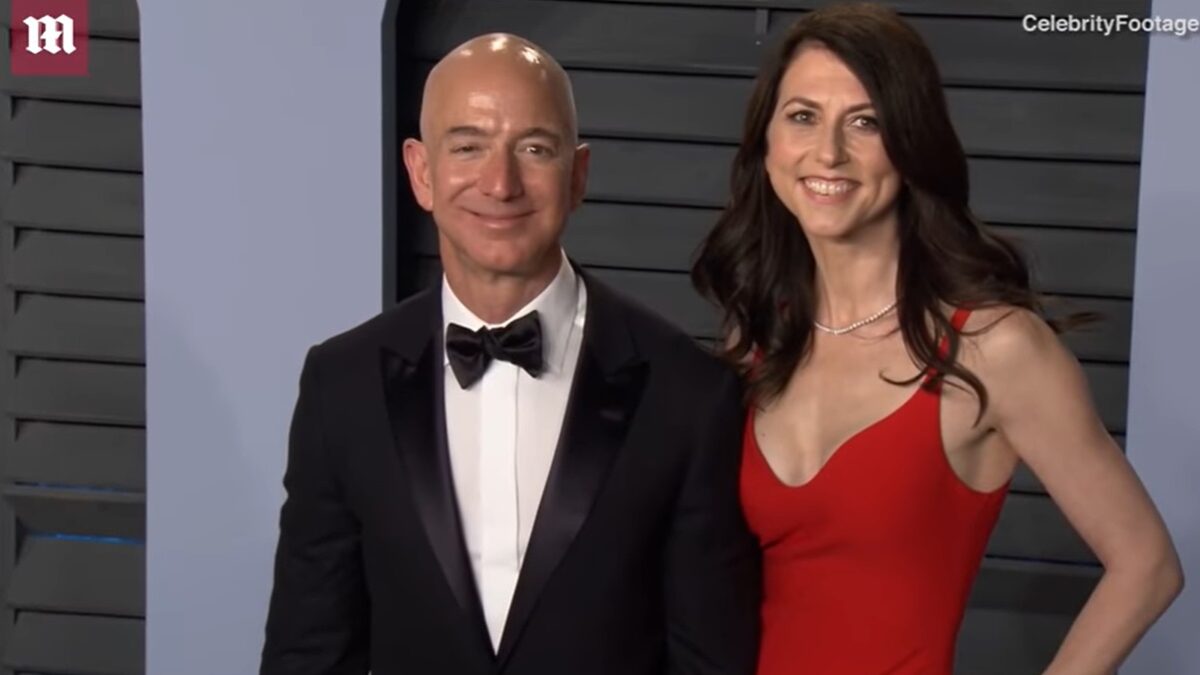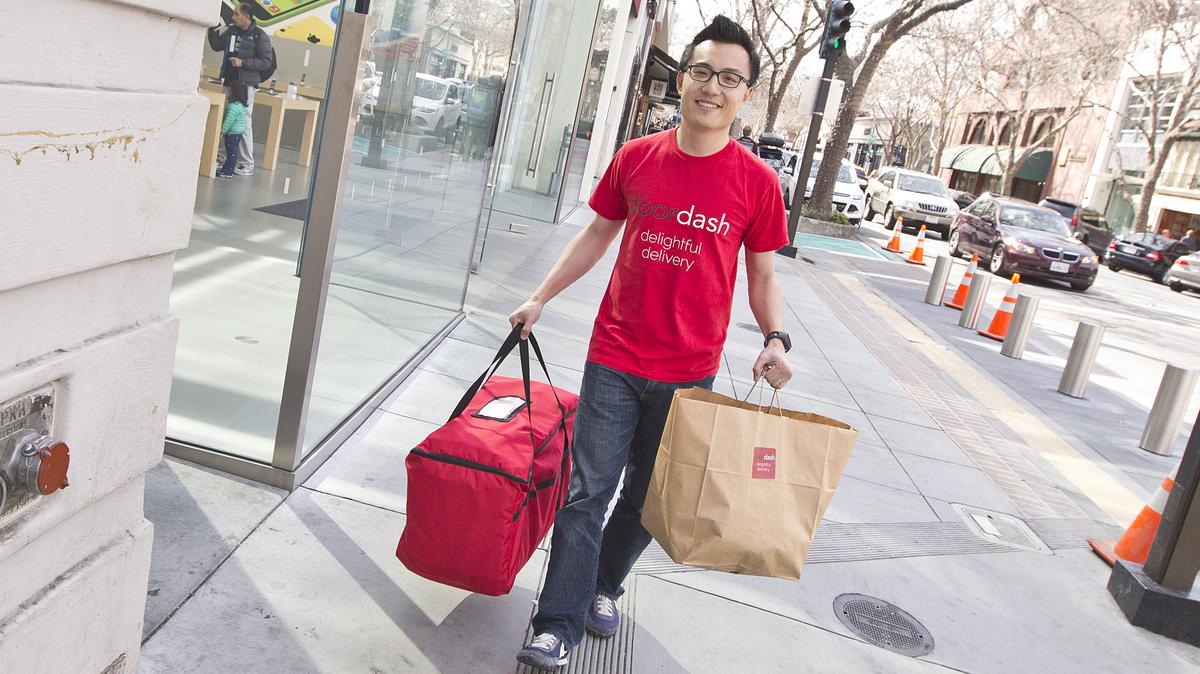
Bart Avery started Bravery Brewing Company just 10 years ago, in 2011. Today, his son does the brewing, and it’s a full-on family business. You can find their beers in restaurants, liquor stores, gas stations, Whole Foods, and Trader Joes in the surrounding area, but the main profits come from happy customers enjoying beer on tap in the tasting room. And that’s where the problems start.
With even New York City beginning in-house dining, Los Angeles County remains one of the few hold-outs to demand people sit outside. In sunny downtown Los Angeles, this is often a more bearable burden, but in the high desert to the north of the country, winter temperatures routinely hover around 10 degrees colder, and that’s before the winds come in.
Like other business owners across the country, the Averys have struggled through wind destroying their tents and cold weather driving away customers with no end in sight, but the indignities and incompetence the business was subjected to on Super Bowl Sunday, Bart tells The Federalist, are just pushing people like him to the brink.
Bravery Brewing Company doesn’t have any televisions, so Sunday, Feb. 7 was set up like previous Super Bowl Sundays, with limited hours. This year, knowing people would be setting up their own parties, Bravery opened for just four hours for customers to grab beer to take home with them before kick-off. Because of that, they didn’t pay the few-hundred-dollar minimums food trucks ask to come by — something they’ve been required to do when serving people on-premises because, apparently, COVID.
This year, however, the inspectors are in charge, and surveillance footage shared with The Federalist shows Los Angeles County inspector Jatinder Chhabra entering the building just over half an hour after they opened. They had to shut down right now, she informed the employee, who was ringing up two customers at that moment. Why? No food truck.
When he protested, saying they were doing take-out only, Chhabra informed him that made no difference. She was “brash,” Bart recalls the employee telling him, and “arrogant, and she could give a sh-t less about shutting us down.”
When the employee put Brian Avery, the brewer, on the line with Chhabra, he asked her to call her supervisor. In the 20 minutes Bart estimates it took her to “resolve” her misunderstanding, the brewery was not allowed to serve the customers who were waiting.
Nor was she satisfied when her supervisor informed her that she was mistaken, the brewery and customers were correct, and business could go on. She then told the sole employee on site he had to make copies of 11 different forms — all while customers waited. While the employee filled out the forms, she can be seen rifling through the racks, exploring the bar tools, and even dancing on camera.
Bravery Brewing Company is not a flashy place. Tucked off the road in an industrial part of town, it more fits the bill for a lot of breweries working to make their own craft beers and on good days, a relaxed environment to try them in.
A giant American flag decorates one of the walls of the tasting room, which currently lists nearly 20 beers on tap. The flag is surrounded by pictures of American veterans under a banner that reads “Wall of Bravery,” and the uniform R. Lee Ermey wore in “Full Metal Jacket” is proudly on display. Ermee, who lived in the area but passed away in 2018, was a partner in launching the company.
While the brewery is named after a nickname for Bart Avery’s son, Brian, the first picture on their Wall of Bravery is Bart’s grandfather Henry Wygant, commanding officer of the USS Turner. When the Turner suffered what the USS Turner Association calls “a mysterious explosion,” Wygant was killed instantly, along with half his crew.
“His picture was the first on that wall,” Bart tells me, “and that is the only tribute to him anywhere.”
Walking down the street in Lancaster, California, you wouldn’t get the feeling you’re too close to Los Angeles. With the Mojave desert to the north and the 9,000-foot San Gabriel Mountains to the south, it’s a solid 70-mile drive to LA’s City Hall.
None of this — a simple American business in a quietly bustling town with a literal mountain of separation — has kept Los Angeles regulators from making life hell for Antelope Valley entrepreneurs.
Bravery wasn’t Chhabra’s first stop that day, either. Before them, Chhabra dropped in on Thief & Barrel, a small tasting room that offers local wineries the chance to serve tastings of their wines to the public. They had just opened and no customers had come in yet, managing partner Barbara Moran told The Federalist.
“She kept trying to quote information from the protocols, of which we kept explaining that we were not required to serve food,” Moran recalls.
The protocols had changed, though, when wineries and tasting rooms received an explicit waiver from the county. “She was not rude, but was most definitely misinformed,” Moran says. “She kept reminding us that she’s only the messenger.”
“We shared with her that we felt attacked, stalked, baited,” Moran recalls. “We shared that the previous two inspectors who came out together a couple months back were also misinformed. We spent over 45 minutes trying to educate them. They were not as polite or interested in hearing what we had to say and repeated themselves several times, reminding us, ‘If you do not comply with the protocols we can and will have your ABC license revoked.’ As they left, their parting words to us were, “Well, the good news is we don’t have to write you a citation today.'”
“Pure arrogance.”
Moran, too, was allowed to stay open, but later learned she’d be written up in an inspection report and a return visit was already scheduled. This time, instead of coming on Super Bowl Sunday, her wine tasting room would be interrogated by its own county on Valentine’s Day.
The reason? The sign on COVID regulations posted in her tent had apparently blown away at some point in the recent weeks California had shut them down entirely; she only noticed it was missing Sunday night. Chhabra, whom Moran says authored this report, apparently never mentioned a word about the sign on the inspection report she filed.
Before Thief & Barrel, Moran says, Chhabra had visited Antelope Valley Winery a mile and a half down the road, where the owners have shared a similarly frustrating exchange over rules the enforcer didn’t seem to understand. That incident as well, fortunately, ended with the business remaining open.
“The costs we’ve incurred trying to meet all the protocol requirements, jumping through hoops and constantly on guard,” Moran tells The Federalist, “is exhausting.”
Inspectors “who apparently don’t have a clue about what the rules are… seem to be a trend,” Bart says. “Several months ago we got a visit from a different inspector who insisted that once a customer paid for a meal and got their glass of beer, if they ultimately wanted another glass of beer, they would need to purchase another meal. Again, why in the hell is the country sending out people who don’t have a clue what the rules are?”
Chhabra’s supervisor that day, Patrick Chun, has since spoken with both Moran and Bart Avery. He apologized “for the miscommunication,” and listened to their struggles with the ever-changing regulations. Neither Moran nor Avery, however, is confident anything will change. This new normal has gone on for nearly a year already, and the Department of Health did not respond to an email requesting comment.
“We have been decimated by the crazy mandates, shutdowns, re-openings, shutdowns, et cetera from our governor and from the Los Angeles County folks. The craziest mandate was from several months, the county mandated that customers needed to make reservations at breweries — the only ones targeted — 24 hours in advance. People normally go spontaneously to breweries, so that was ridiculously out of touch with reality. I called a contact I have in Los Angeles County Supervisor Barger’s office and asked if the 24-hour reservation mandate could be lifted because it was unworkable. I was told by this person to just ignore it. What the h-ll?”
While food was never in the game plan, Bart says he’s building a costly pizza kitchen. It isn’t likely to be ready until the end of the month, so the food trucks have been needed. Indeed, the county even regulates what meets the standard of a “bonafide meal” each group of customers is required to buy if they would like to order beer. All this, we’re told, fights COVID.
“If they truly were supporting us, wanting to help small businesses,” Moran says, “they would not show up on Super Bowl Sunday, Valentine’s Day, or other days where we are trying to create a ‘new normal’ with our customers. Having ‘the authorities’ roll through our place of business with their name tag and clipboard isn’t how we plan to let our customers know that things are going to be OK, we’re going to make it, they can count on us.”
“We are all doing our best to follow COVID protocols to keep our customers, employees, and ourselves safe. None of us want to be sick, but we also don’t want to lose our business.”
All the regulations and rules are ” just devastating,” Bart says, “and we’re just a small family-owned brewery that’s just trying to struggle to survive… The county has just been no help whatsoever.”









